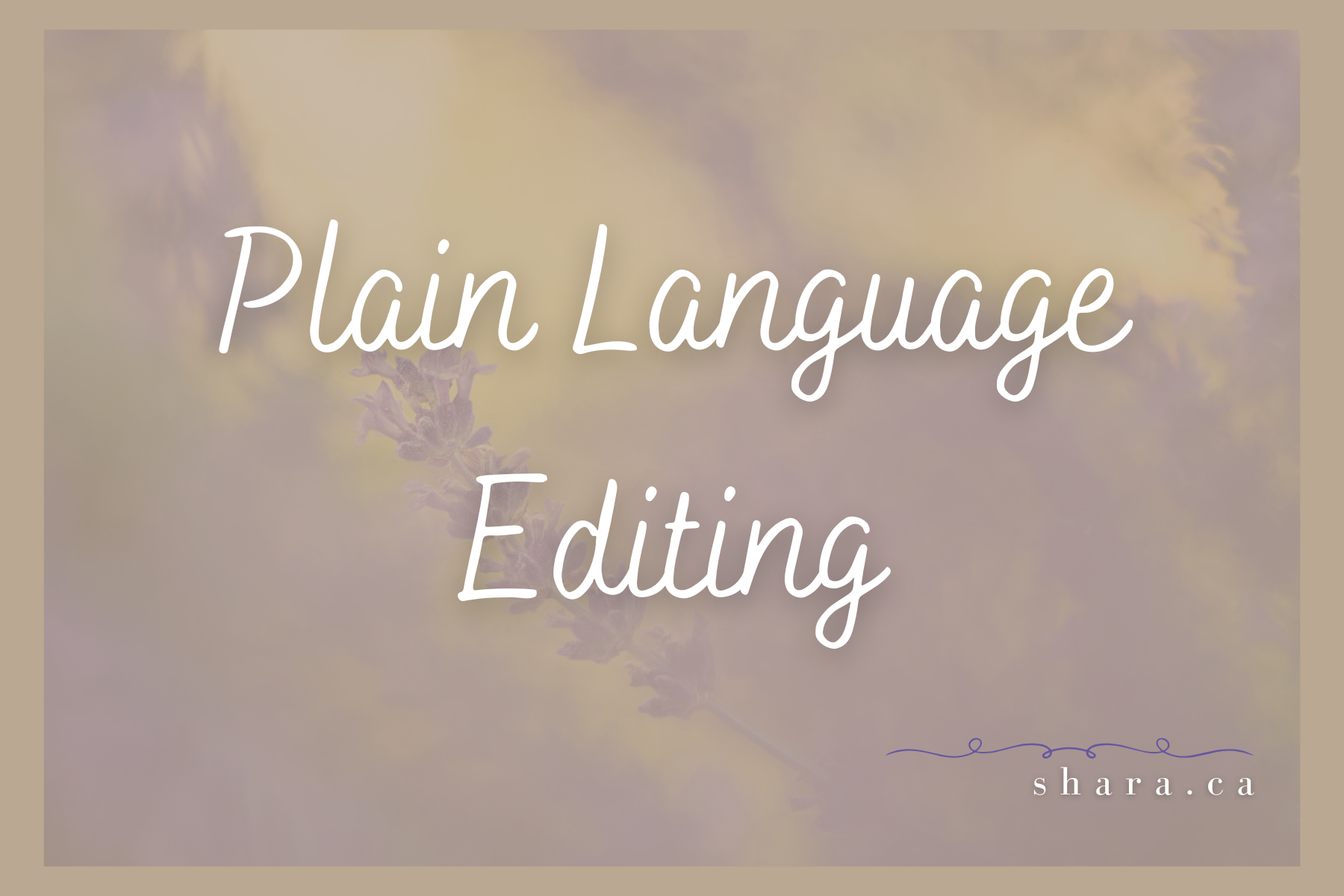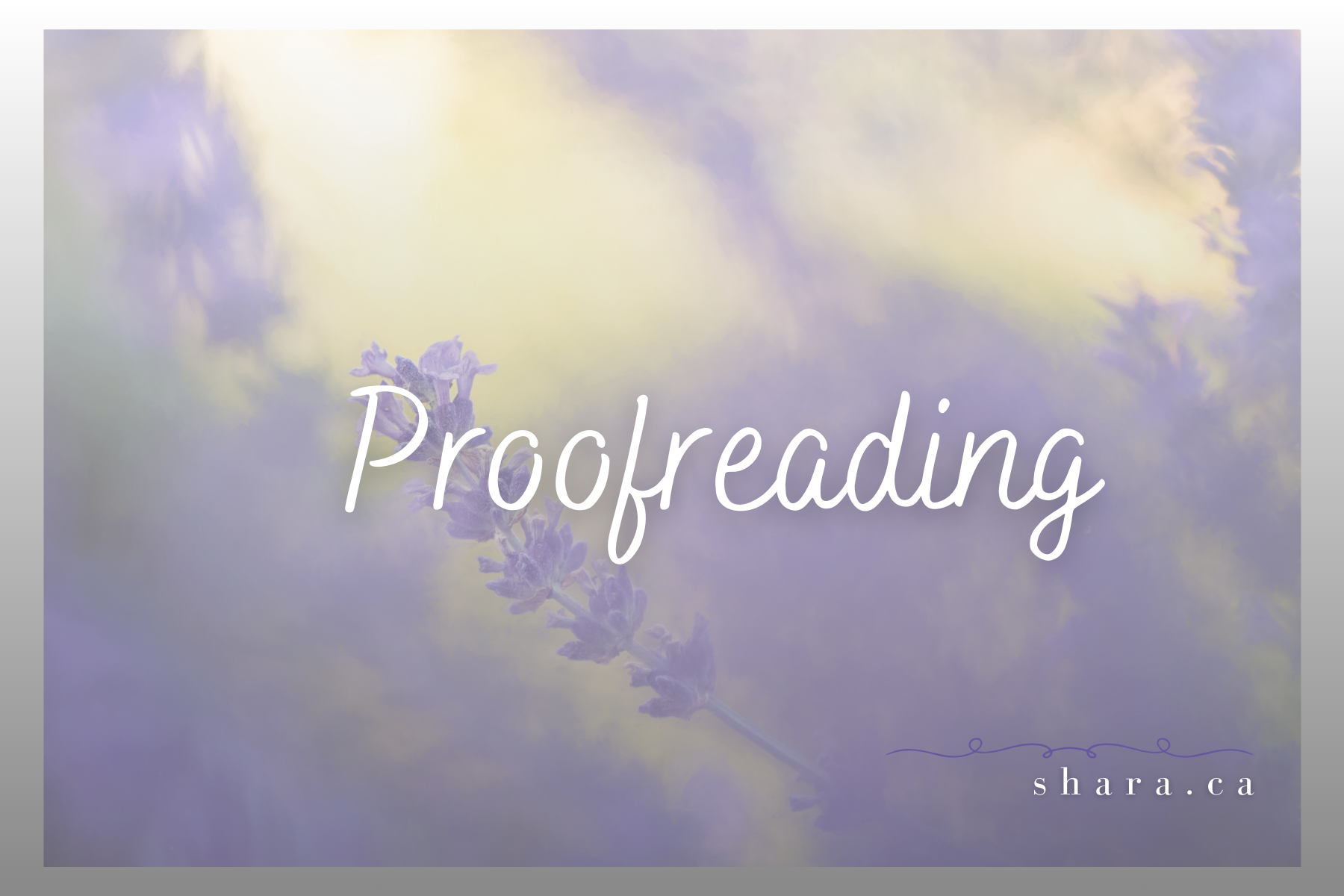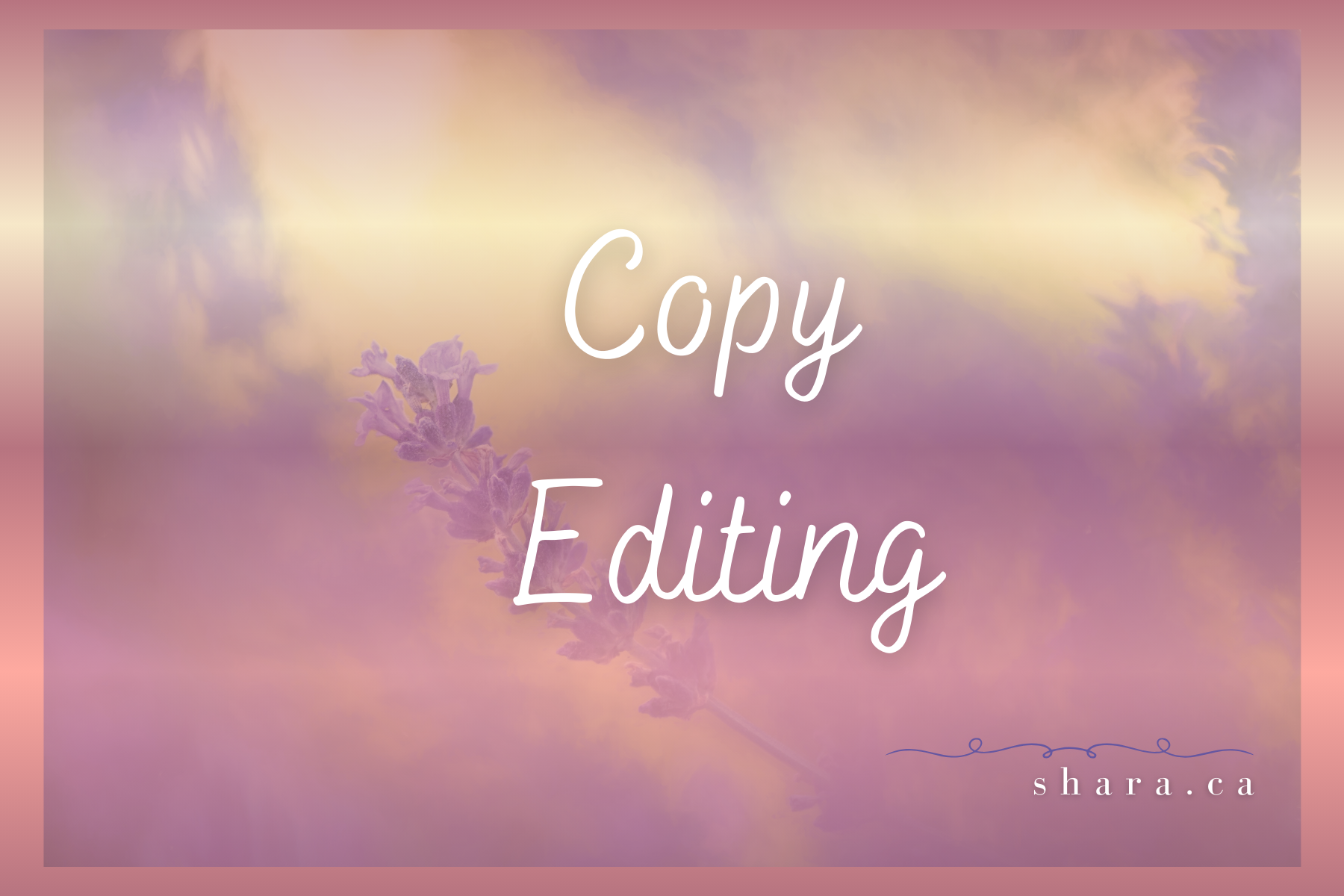Voice and Authority: Finding Your Nonfiction Style
At some point many nonfiction writers asks themselves: how do I sound like myself while still sounding credible? Facts may anchor nonfiction, but voice carries it. Readers don’t only want information; they want to feel they’re being guided by someone with perspective, confidence, and personality. Developing that voice—one that balances individuality with reliability—is one of the most powerful steps in finding your nonfiction style.
Voice begins with tone. Some writers lean toward intimacy, drawing readers close as if confiding a secret. Others adopt an investigative edge, commanding attention with sharp questions and firm conclusions. Both approaches can work and if done skillfully, you can move between voices.
A memoir about grief might feel cold if written in detached, report-like language. A piece of explanatory journalism about public health might lose authority if written with only anecdotal reflection. The challenge is not to choose one tone forever, but to adapt tone to subject and audience. The closer your voice aligns with the work at hand, the stronger the connection.
Closely tied to tone is persona—the “self” that appears on the page. In nonfiction, this persona is shaped. You are not presenting your entire self, only the version that best serves the story. Sometimes that persona is scholarly, citing sources and carefully laying out context. Other times it is conversational, leaning into humour, questions, and direct address. It might even be reflective or fragmented, showing doubt or contradiction as a way of honouring complexity. None of these personas are false; they are facets of the writer’s real presence, chosen with intention.
Authority grows out of this presence. Readers are willing to follow when they trust you. Authority doesn’t mean adopting a stiff, formal voice. It means grounding your personality in detail, evidence, and honesty. You build trust when your observations are supported by context, when your claims are reinforced by research, when your personal memories are anchored in a larger story. Even the most relaxed or playful tone can carry authority if it is backed by care and precision.
Writers sometimes worry that personality will weaken credibility—that sounding too conversational or vulnerable might undercut the facts. But often the opposite is true. A flat, anonymous voice can make even accurate material feel lifeless. Readers may come away with the facts but without belief in the writer’s investment. A strong, recognizable voice signals that the writer has not only gathered information but also thought deeply about what it means. Authority is not about stripping away personality; it is about using it to make facts resonate.
Finding your nonfiction style takes practice. Try rewriting the same passage in several voices: academic, reflective, casual, urgent. Notice which one feels natural to you, but also notice which one best serves the material. Style is not just about preference; it’s about fit. Pay attention, too, to the nonfiction you admire. A historian might win you over with precision, a journalist with vivid storytelling, a memoirist with candid self-examination. These influences can guide you as you develop your own style, not by copying them but by noticing what rings true to your ear.
Credibility also comes from consistency. A reader who encounters a wildly different voice in every paragraph begins to question the writer’s control. This doesn’t mean flattening your voice into monotony. It means creating a rhythm readers can recognize and trust. You can shift between description, analysis, and reflection—but if all of those carry the same underlying sense of self, readers feel they’re in good hands.
In the end, voice is not decoration. It is the vessel that carries truth to the reader. Facts may provide the scaffolding, but voice makes the structure livable. It provides resonance, intimacy, and meaning. When your nonfiction has a recognizable style—one that blends accuracy with personality—you do more than transmit information. You create trust. And in nonfiction, trust is everything.



